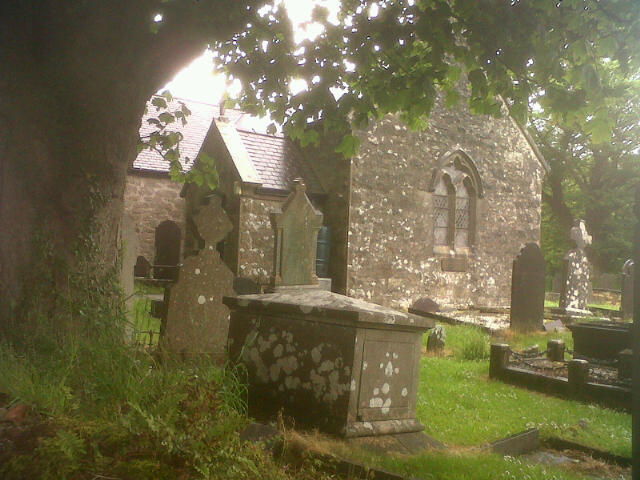Review of `Flowers of Vitriol` in Historical Novels Review
FLOWERS OF VITRIOL
KINDLE EDITION:
John Wheatley, Hulme Hall Books, 2010, £9.99, pb, 214pp, 9780956734204
1817. On the streets of Amlwch, the copper capital of the world, discontent amongst the poor, hungry, and disaffected is about to break out into open violence. Mine Superintendent, Thomas Kendrick, brings his bride, the beautiful Cornish girl, Alys, twenty years his junior, home to Amlwch. The arrival of O’Donell, an Irish sea captain, sets off an intriguing tale of love, jealousy, treachery, and blackmail. . . throw in a smuggling operation and you have the key elements of the story which come together in a dramatic way.
The book is based on real events and the added historical note was welcome and interesting—doubly so because the book ends rather abruptly, and we are left with the historical note to work out how it all ended for ourselves. I am of two minds about this. Part of me wanted to read what happened, and part of me was intrigued by the way the story was left hanging.
When I received this book for review, I was initially unenthusiastic as it is not the type of book I would usually consider. I am happy to say I enjoyed the read. The layout was good and well-presented, but the cover could be more exciting—a women on a headland looking out to sea might be more dramatic.
The recreation of the Industrial era is done well, with descriptions of the mine authentic and well-researched. There was a little too much description of the industrial processes in the early parts of the book, but the addition of George Barncroft's diary entries were a good way of describing events.
It is a novel with a brooding, moody feel, with behind the scenes plotting and manipulation. I would recommend this to those who enjoy historical romance and the day-to-day life of normal people. --Richard Denning
The book is based on real events and the added historical note was welcome and interesting—doubly so because the book ends rather abruptly, and we are left with the historical note to work out how it all ended for ourselves. I am of two minds about this. Part of me wanted to read what happened, and part of me was intrigued by the way the story was left hanging.
When I received this book for review, I was initially unenthusiastic as it is not the type of book I would usually consider. I am happy to say I enjoyed the read. The layout was good and well-presented, but the cover could be more exciting—a women on a headland looking out to sea might be more dramatic.
The recreation of the Industrial era is done well, with descriptions of the mine authentic and well-researched. There was a little too much description of the industrial processes in the early parts of the book, but the addition of George Barncroft's diary entries were a good way of describing events.
It is a novel with a brooding, moody feel, with behind the scenes plotting and manipulation. I would recommend this to those who enjoy historical romance and the day-to-day life of normal people. --Richard Denning

Comments
Post a Comment